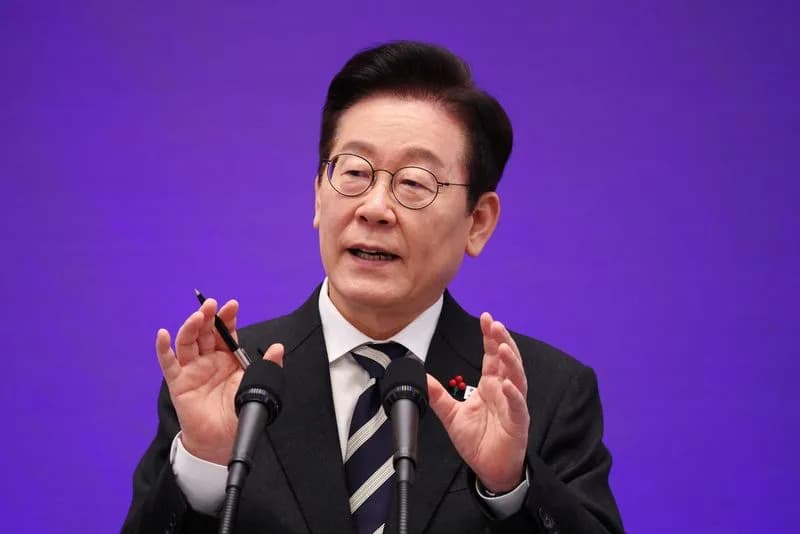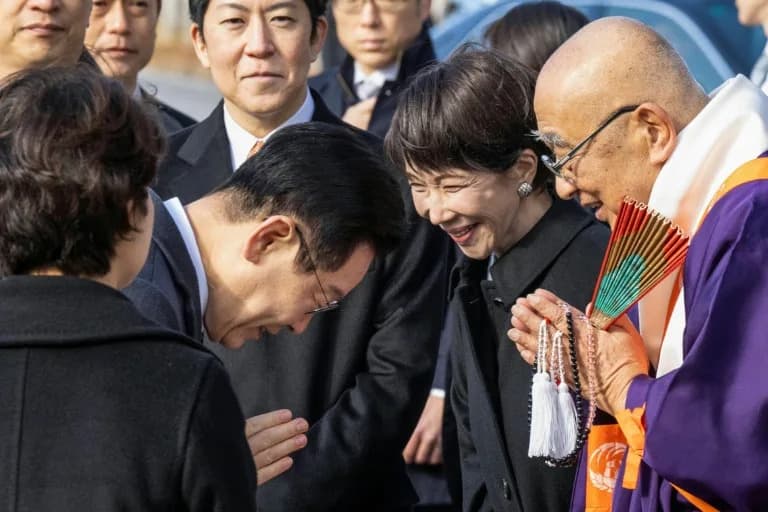Japan’s new prime minister, Sanae Takaichi, has told North Korea she wants a summit with Kim Jong Un to secure concrete progress on the decades‑old abduction issue. Tokyo says at least 17 citizens were taken in the 1970s–1980s, with five returned in 2002; Pyongyang disputes the numbers. Takaichi has met abductees’ families and pledges to continue the work of her mentor, Shinzo Abe. Past efforts, including Junichiro Koizumi’s 2002 Pyongyang visit, produced limited results, and prospects for a new breakthrough remain uncertain.
Japan’s New PM Sanae Takaichi Seeks Summit with Kim Jong Un to Resolve Decades‑Old Abduction Issue

Japan’s new prime minister calls for direct talks with North Korea
Japan’s newly appointed prime minister, Sanae Takaichi, said she has told Pyongyang she wants to hold a summit with North Korean leader Kim Jong Un — a meeting no Japanese leader has had in more than two decades. She framed the outreach as an effort to obtain concrete results on the long‑running issue of Japanese citizens abducted by North Korea in the 1970s and 1980s.
“I want the leaders to face each other directly and achieve concrete results,” Takaichi said at a rally calling for the return of abducted Japanese. “I am determined to break through and resolve the abduction issue during my tenure.”
Tokyo estimates that at least 17 of its citizens were kidnapped by North Korean agents in the late 1970s and 1980s; five were returned to Japan in 2002. A 2014 United Nations report concluded that the abductions appeared to be linked to North Korea’s espionage activities. Pyongyang disputes the full tally, saying some victims died in accidents or by suicide, and has at times described the matter as closed.
For families of those still missing — some of whom were taken as teenagers — the lack of closure has been a persistent national grievance. Successive Japanese administrations have kept the issue alive but have struggled to secure lasting progress.
Since taking office after an October election, Takaichi has met with relatives of abductees on multiple occasions and has pledged to continue the work of her mentor, former prime minister Shinzo Abe. (Abe had previously introduced abductees’ relatives to then‑U.S. President Donald Trump during Trump’s time in office.)
The most notable prior breakthrough came in 2002, when then‑prime minister Junichiro Koizumi visited Pyongyang to meet Kim Jong Il, the current leader’s father. That summit marked the first visit by a Japanese prime minister to North Korea since World War II and produced North Korea’s first formal acknowledgment of involvement in some abductions; five returnees were repatriated the month after the talks. Koizumi returned to Pyongyang in 2004 and secured additional, limited concessions, but no further repatriations or comprehensive agreement have followed.
Other Japanese leaders, including Abe (assassinated in 2022) and later Fumio Kishida, signaled openness to meeting Kim Jong Un at various times, but those initiatives did not result in high‑level summits. Takaichi now inherits this unresolved diplomatic impasse and says she hopes to be the leader who achieves a breakthrough.
Outlook: Any summit would face substantial obstacles — from Japan’s insistence on resolving the abduction issue to the broader security tensions on the Korean Peninsula. Whether Pyongyang will reciprocate remains uncertain, but Takaichi’s move makes the abduction question the focal point of renewed diplomatic outreach.
Help us improve.


































